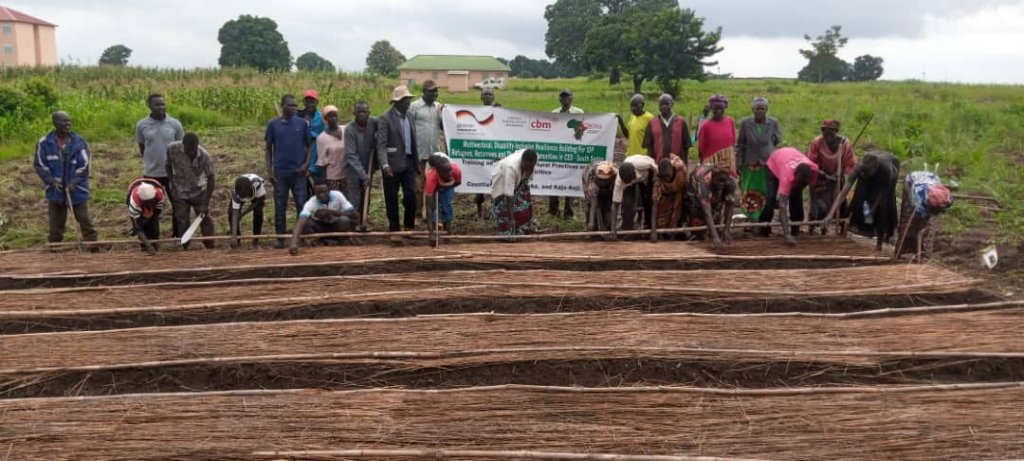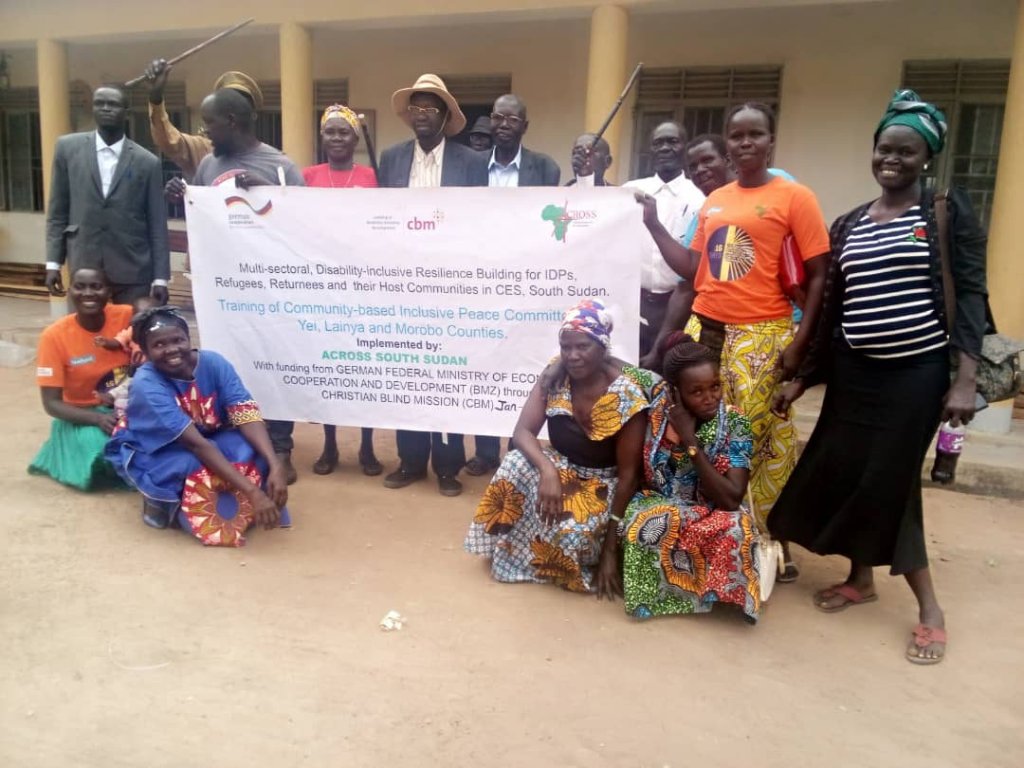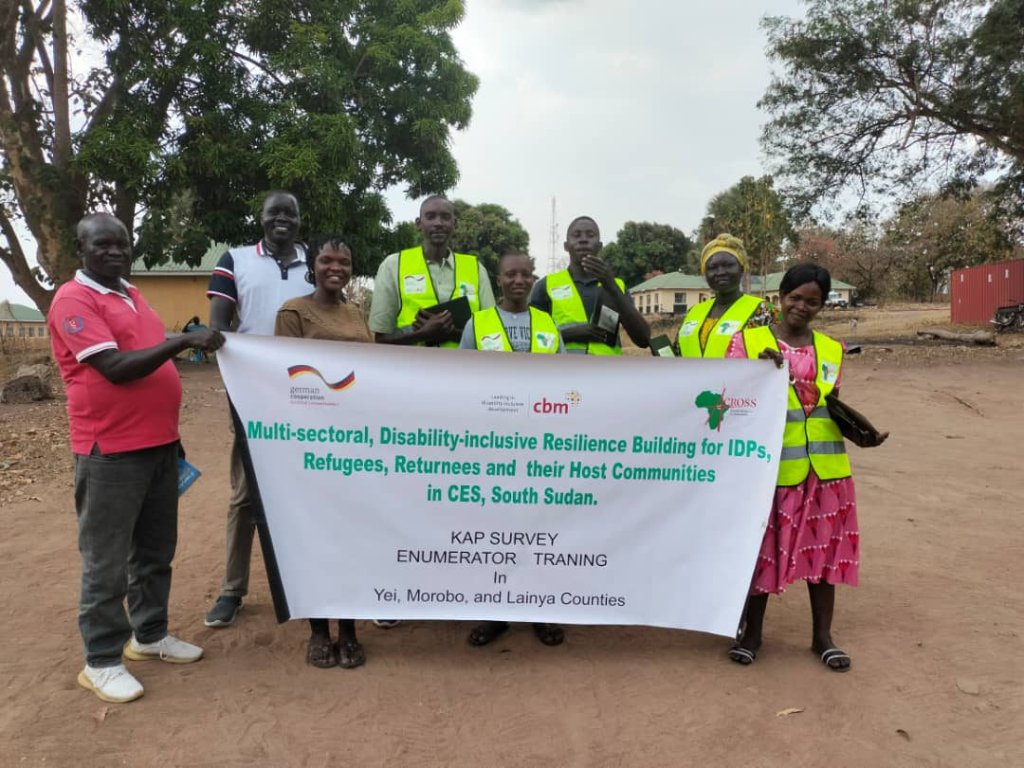Integrated and Inclusive Support for Displaced and Host Communities in Crisis Situations.
The South Sudanese people have suffered greatly as a result of the conflict. The leaders of the two main opposing political coalitions, Salva Kiir and Riek Machar, engaged in discussions in June 2018 after nearly five years of civil war, which resulted in the Revitalized Agreement on the Resolution of the Conflict in South Sudan. Political unrest and instability have endured despite several attempts at peace accords and cease-fires in 2015, 2017, and 2018, with an increase in intercommunal violence resulting in a rise in civilian fatalities, kidnappings, and displacements. The amplified effects of climate change, macroeconomic shocks, and the aftermath from the neighboring Sudanese civil war are coupled with this.
ACROSS developed an inclusive initiative to serve not only the displaced people but also the host communities in Yei, Morobo, Kajokeji County, Juba County (Rokon and Dolo payams), and Lainya in Central Equatoria State (CES) as a result of the worsening humanitarian situations. The project’s goals are to encourage peaceful coexistence and improve the socioeconomic standing of people in Central Equatoria State.
Affected populations are those most affected by frequent climate-related shocks (droughts and flooding), the economic crisis (high food prices and currency depreciation), and conflict and insecurity (including the effects of the conflict in Sudan, which result in forced displacement, low agricultural productivity, and a decrease in humanitarian assistance). ACROSS has trained 25 farmers (12 women and 13 men) in Lainya County and 25 in Kajokeji to oversee the demonstration farm in order to help address some of these challenges. In Morobo County, 50 farmers—35 women and 15 men—including those with disabilities—received training in contemporary agricultural methods and healthy eating. In addition, ACROSS has trained 150 women who organized themselves into 15 groups to oversee the goats and chickens that is intended to be given to them in the three counties of Yei, Morobo, and Lainya.


count



Additionally, ACROSS has educated 25 Hygiene Promotors who were chosen as incentive-based volunteers and assigned to each of the five counties (five HPs serve each county) to conduct campaigns promoting hygiene. Through messages promoting hygiene, the Hygiene Promotors were able to reach 4,457 people in payams and other gathering places. Additionally, Morobo County has successfully dug one borehole without any barriers.
ACROSS taught twenty members of the Kajokeji county peace committee to oversee peace and reconciliation initiatives in order to promote peaceful coexistence. Furthermore, three successful cultural events that promoted peaceful coexistence were held in the counties of Morobo, Lainya, and Yei, drawing 262 participants. Additionally, two community peace dialogues were held in Lainya and Lasu payam in Yei County, drawing 104 community members in attendance. Positive outcomes from these interactions are reported here.
Five (5) clan members were murdered in Yei County, sparking tensions in the community. ACROSS invited Hillary Luate, the Emeritus Bishop of CES, who was able to mediate the disputes.


